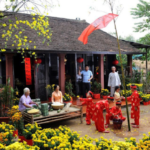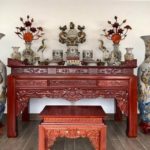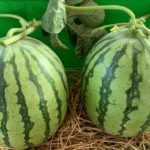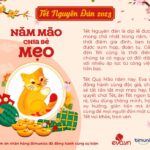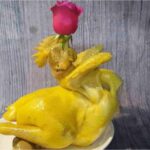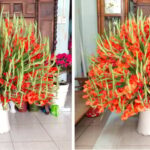For many Vietnamese, regardless of their location, their hearts remain connected to their ancestors. This deep cultural tie is evident in their daily lives and various traditional holidays. Are you curious about the roots and nature of ancestor worship in Vietnam, especially during the Tet Holiday? Read on to explore this unique and meaningful belief system.
1 Understanding Ancestor Worship During Tet Holiday
Ancestor worship in Vietnam encompasses both the spiritual perspective and the rituals performed by descendants in the physical world. It is the belief that the spirits of ancestors exist in another realm, from where they observe and guide their living relatives. This connection between the spiritual and physical worlds is considered sacred, and various practices are carried out to honor and communicate with these ancestral spirits.
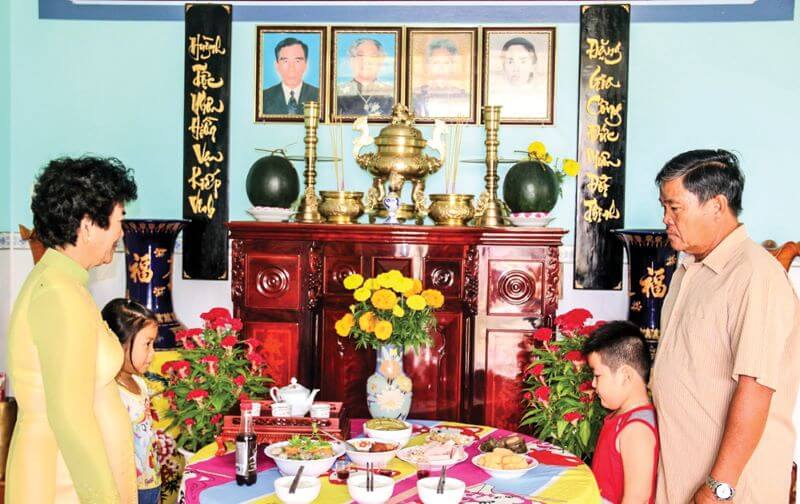
Vietnamese families often have an ancestor altar, which can vary in size and grandeur. However, the essential elements remain consistent: a photograph of the deceased, an incense burner, and incense sticks. This simple yet powerful setup is a testament to the family’s devotion and respect for their ancestors.
Reference: Tet Holiday on 30th Quy Mao 2023
2 The Origins of Ancestor Worship During Tet
Ancestor worship holds a significant place in the spiritual life of the Vietnamese people. While some attribute the origin of this belief to the influence of the Han people of China, others view it as an intrinsic part of ancient Vietnamese culture. Despite differing opinions on its origins, it is clear that ancestor worship is a long-standing tradition that has been passed down through generations.
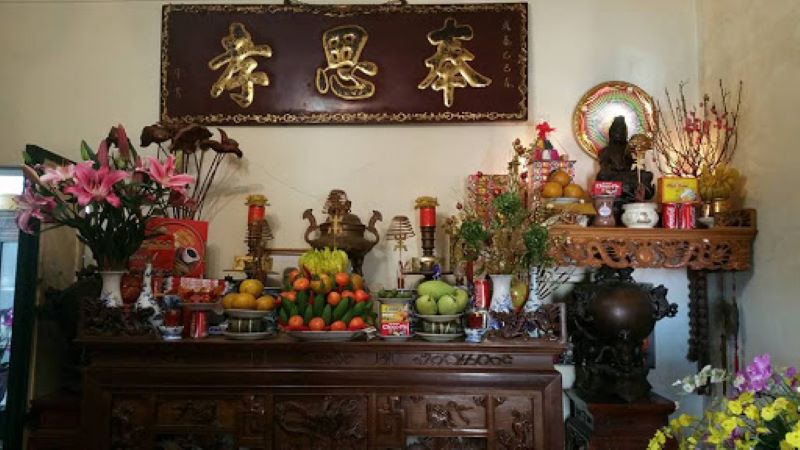
Historically, the influence of Northern domination and the adoption of Confucianism and Taoism have shaped Vietnamese culture and values. These philosophies emphasize filial piety and morality, which align with the Vietnamese concept of “remembering your roots.” Additionally, the country’s economic development, particularly during the hunting, farming, and gathering eras, played a role in strengthening family and community bonds.
The rice civilization in Vietnam led to a patrilineal society and close-knit villages. As a result, the Vietnamese people developed a deep connection not only to their immediate families but also to their ancestors and community forefathers.
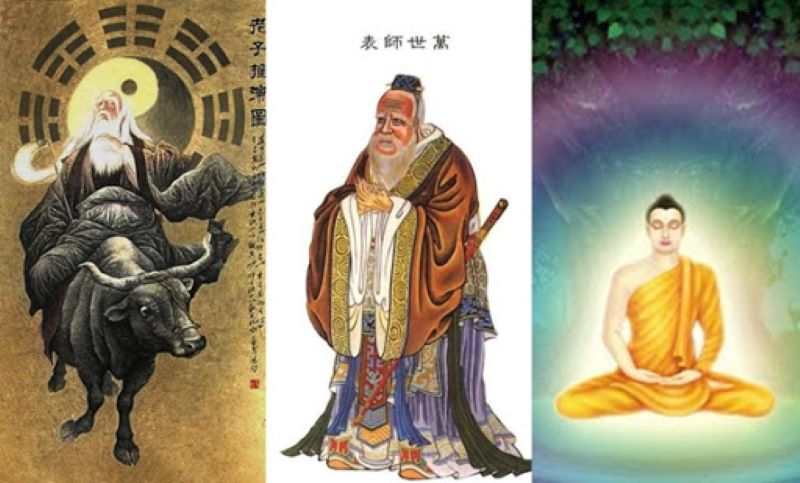
Furthermore, the Buddhist scriptures, a significant influence in Vietnam, emphasized the concepts of reverence, veneration, and gratitude toward ancestors. This further solidified the practice of ancestor worship among the Vietnamese people.
3 Rituals and Practices of Ancestor Worship During Tet
Ancestor worship is woven into the daily lives of the Vietnamese. They believe that when a person passes away, their soul transitions to another world but still exists among the living, witnessing their daily lives. As a result, it is common to offer prayers and respects to ancestors during important family meals and gatherings.
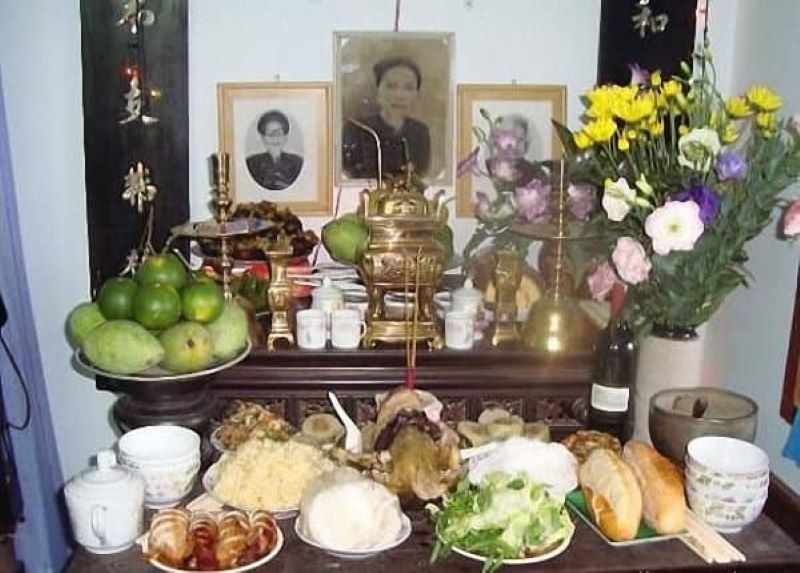
Funeral rituals are considered one of the most sacred ceremonies, as they are believed to guide the soul of the deceased to their ancestors in the spiritual realm. The host family prepares meticulously for the funeral, considering it the third most important ritual in a person’s life, after the first-birthday celebration and the wedding.
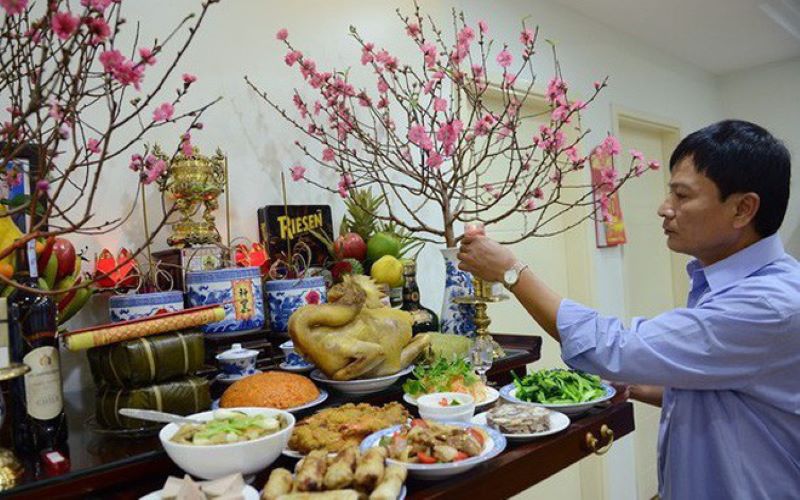
During major holidays like Tet, families set aside time to arrange and offer sacrifices to their ancestors. These rituals invite the ancestors’ spirits to join the family and enjoy the offerings prepared by their descendants. Additionally, the death anniversary, or ‘ky nhat’, is also a significant occasion, bringing the family together and strengthening their bond.
Given the country’s long history with rice civilization, ancestor worship sometimes extends beyond family members to include gods and national heroes who contributed to Vietnam’s development. On National Day, the death anniversary of President Ho Chi Minh, and other significant dates, solemn rituals are performed to honor these heroes and remind future generations of their gratitude.
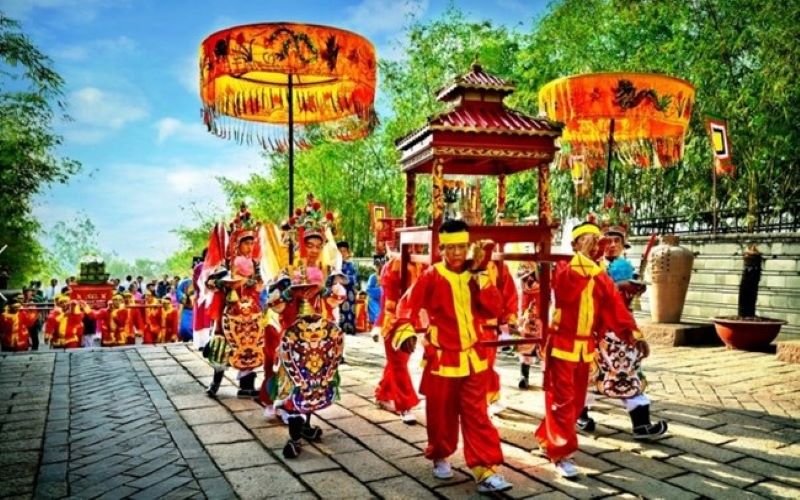
4 The Significance of Ancestor Worship During Tet
Ancestor worship holds immense significance for Vietnamese communities and some other Southeast Asian countries. On a personal level, it provides a spiritual anchor, helping individuals navigate life’s challenges. Additionally, it fosters gratitude, family unity, and the preservation of lineage traditions.
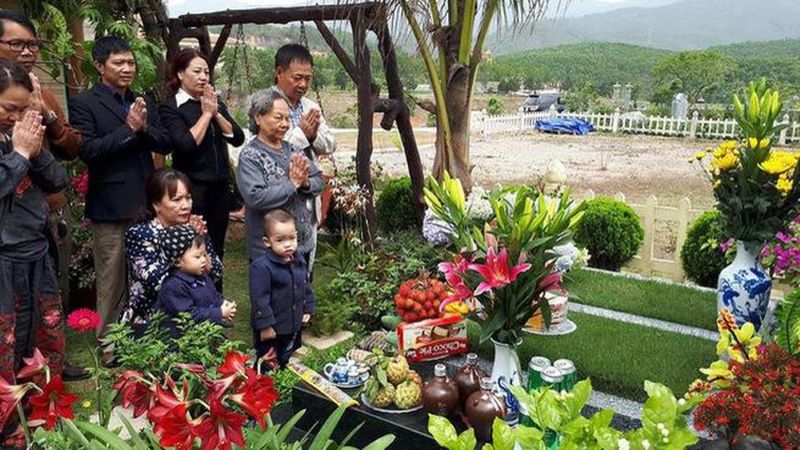
Moreover, the act of venerating and honoring ancestors ignites a sense of national pride within Vietnamese citizens. By cherishing their families and valuing peace, they develop a strong determination to protect and build their homeland. Ancestor worship, therefore, serves as a source of national strength and unity.
Ancestor worship during Tet carries a profound meaning and significantly impacts future generations and the nation’s development. By upholding the virtues of gratitude and respect, Vietnam sustains its nation-building efforts and preserves its rich cultural heritage.
We hope this article provided you with a deeper understanding of ancestor worship during the Tet Holiday, a belief system that is integral to the cultural fabric of Vietnam.
The Ultimate Guide to Sausage and Pork Roll Shopping: A Simple Test for Quality Assurance.
To purchase delicious and authentic giò lụa and chả, one needs to possess a certain ‘know-how’. It is essential to be able to discern the pure, traditional delicacies from those that are filled with unwanted additives and fillers. With this knowledge, you can ensure that you are enjoying the very best that Vietnamese cuisine has to offer.

























